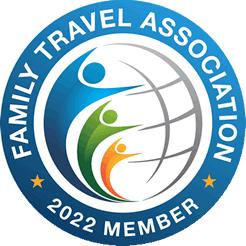Travel Tip: Sleeping on a Plane
It is the bane of travelers getting on a plane for both business and pleasure—difficulty falling asleep in a seat, especially in coach, and the attendant horrors of jet lag after landing. Studies have shown that lack of sleep can decrease brain performance by 20 percent, so it’s crucial to anyone crossing time zones to rest as much as possible during the flight. Washington, D.C.–based clinical sleep educator and RN Terry Cralle shared her tips for powering down (and getting at least a power nap) on a flight.
Plan ahead. The more organized you can be before travel in regards to packing, airport transporations and getting ready to travel, the less frazzled you are once you get on the plane. Don’t wait until the last minute.
Meditate. Try out meditation audio apps which can help your brain relax quickly.
Pack lavender oil. Proven to help you sleep better. Put a few drops onto your travel pillow, apply it to your temples and wrists once you’ve settled into your seat, and prepare to dream.
Ignore in-flight entertainment. Staring at a screen means that light is hitting your retinas, and telling your brain and body that it’s daytime, and sleep will be much tougher to achieve.
Make to-do lists. Write them down well in advance to keep your mind clear when it’s time to sleep.
Bring something comforting. Like a cozy scarf or your favorite pillow.
Cover your eyes. Masks do work. Absolute darkness prompts your body to produce melatonin.
Step away from the Scotch. It can mess with the quality of your sleep and is dehydrating. Drink as much water as possible.
Bring earplugs. Helps block out engine noise and other noise around you.
Incorporate cardio. The more exercise you get (especially before a flight) will help you doze off more easily.
Bank sleep. Spend extra time sleeping or napping in the week before you depart. It can help keep your immune system strong and also mitigate the bad effects of jet lag.


